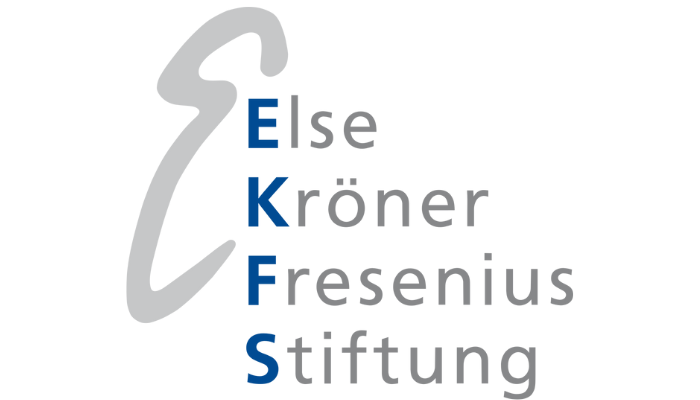Welcome To
Safe Blood Project
The Safe Blood Project (starts in September 2025) The Safe Blood Project is an initiative by the National Blood Service Agency (NBSA), in collaboration with Aminu Kano Teaching Hospital (AKTH), Kano, and Universitätsmedizin Greifswald (UMG), Germany. Our mission is to improve the safety and quality of blood transfusion practices across Nigeria through advanced training, expert mentorship, and continuous improvement of quality by regular auditing.
We are committed to empowering public hospitals with the knowledge, tools, and skills required to ensure safe, effective, and ethical blood transfusion services. By focusing on capacity-building and institutional development, the Safe Blood Project seeks to foster a national network of trained professionals who champion best practices in clinical haemotherapy, blood donation service and transfusion medicine, blood banking and compatibility diagnostics.
The program is fully sponsored by a grant of the Else-Kröner-Fresenius Foundation (Germany) and resources of NBSA, AKTH and UMG. For this training program 10 institutions will be selected to participate depending on their application, making this a highly competitive and impactful opportunity for healthcare teams ready to lead change in transfusion safety. More details will be provided at the annual NSHBT conference in Jos before the official project launch in September in Kano.
Join
Join Our Transfusion Medicine Courses
Who can apply? (selection criteria)
NBSA registered institutions and institutions that have submitted their registration to the NBSA are eligible.
They must be a publicly funded hospital or blood transfusion service in Nigeria and has a functional Transfusion Committee. Institutions which have submitted their registration to the NBSA are also eligible.
The CMD/MD of the institution
Has to submit a maximum of 2 pages (font arial, font size 11pt, standard letter format) describing:
The head of the transfusion service
(responsible for the donor clinic and the blood bank) has to submit one page for the donor clinic, one page for the blood bank (font arial, font size 11pt, standard letter format):
· A description of their transfusion service including available space, equipment (e.g. solar panels to secure electricity for blood bag fridges, centrifuges, TTI ELISA testing) and number of staff including function, e.g. technician or technical scientists, physicians, established transfusion specific laboratory methods (e.g. indirect Coombs test, red cell antibody differentiation).
· The description must include how collaboration of technical scientists and physicians is organized and competition between these groups prevented.
Each delegate of the institution
(maximal 3) has to submit their CV and a letter of intent (maximal 1 page), why he/ she wants to participate in the SAFE BLOOD Project, what his/her role in their institution is and how he/ she will implement what he/she will learn during the training courses at their institution.
Application Period:
September 4th 2025 – September 30th 2025. Trainings will start in the first quarter 2026
Funding:
The Course will be fully funded. Delegate will receive an allowance to cover parts of accommodation and travel costs. Details will be announced later
If you Have Any Questions Call Us On +2348032895589
This course introduces participants to the essential principles of safe blood transfusion. Topics include donor selection, TTI testing, blood grouping and compatibility, hygiene regimens, blood storage and blood bank inventory management. The course considers WHO guidelines and national policies. The aim is to establish safe transfusion practices under the conditions available in Nigeria.

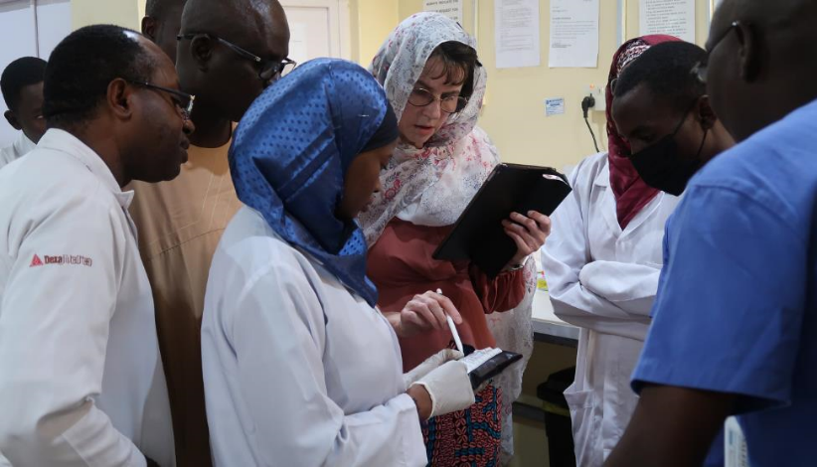
Designed exclusively for physicians, this advanced module explores the clinical application of blood in various patient scenarios. Topics include whole blood, component therapy, transfusion thresholds, patient blood management milestones, managing anaemia in sickle cell disease, surgical and critical care settings, and paediatric transfusions. Physicians will be trained in haemovigilance to differentiate and manage transfusion reactions.
This course trains participants in AB0 blood grouping, extended Rhesus grouping, red cell antibody screening, and differentiation. Attendees will learn how to monitor and maintain quality standards in blood transfusion services and set up step-down training programs for continuous improvement within their institutions and for other hospitals in their region.
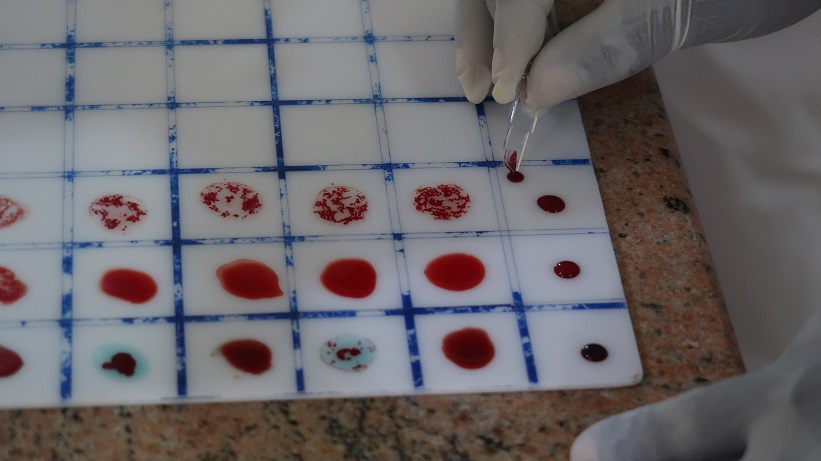
If you Have Any Questions Call Us On +2348032895589

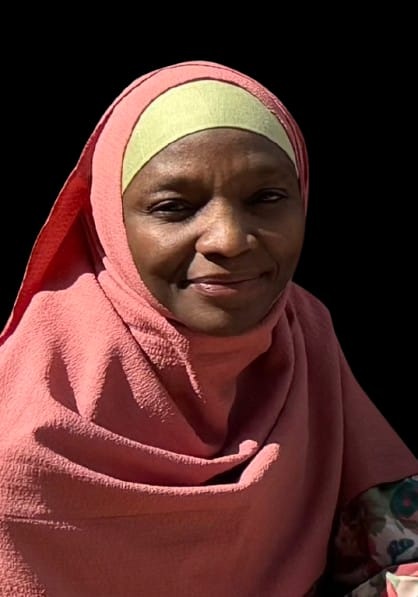
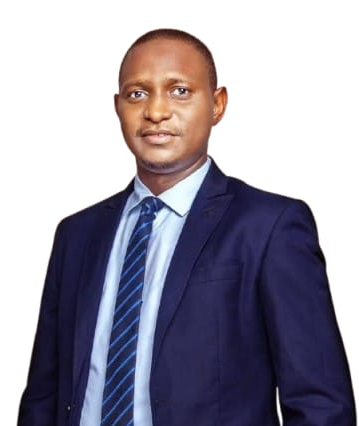
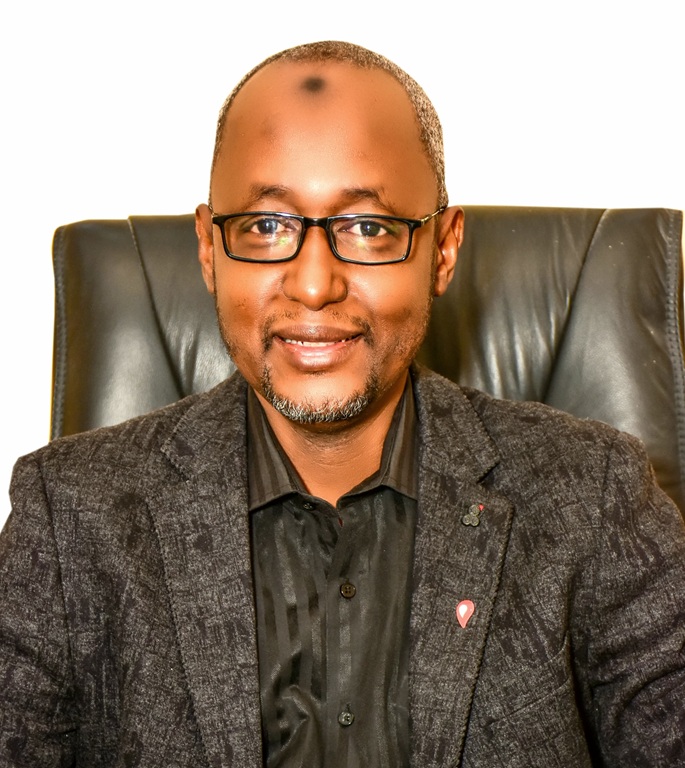
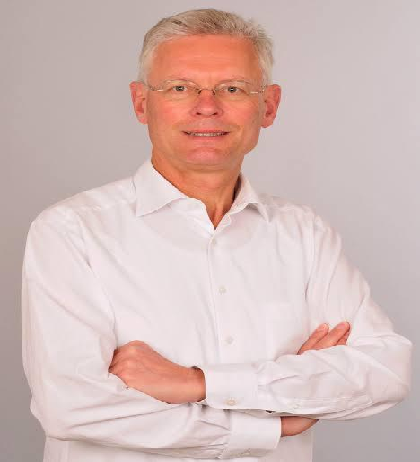
Universitätsmedizin Greifswald, Germany.
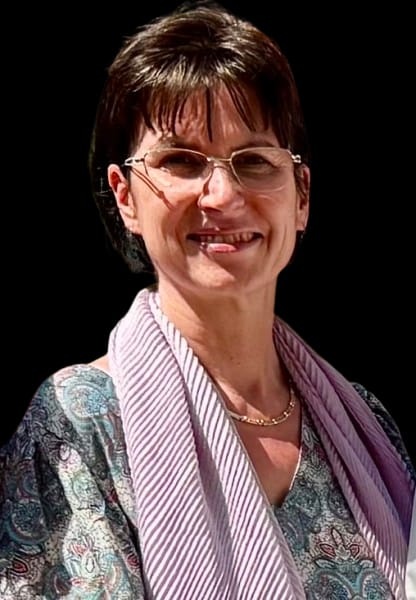
Universitätsmedizin Greifswald, Germany.
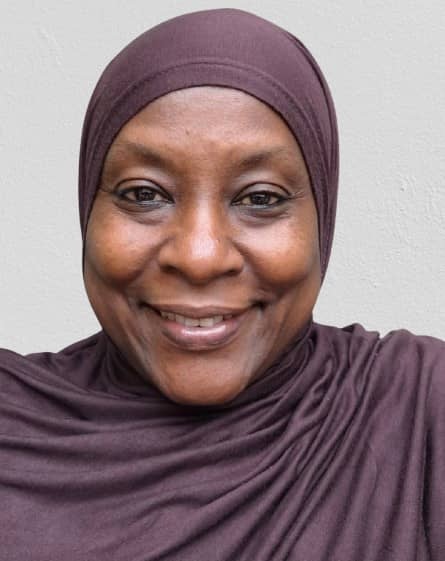
Aminu Kano Teaching Hospital Kano, Nigeria.
